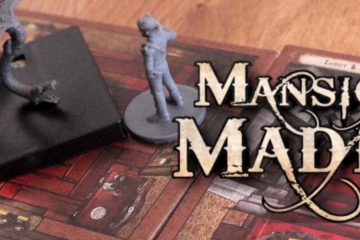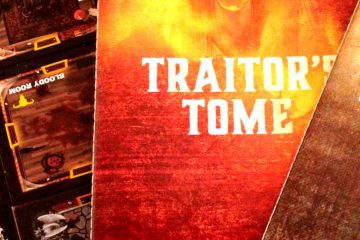There are many, many games set in H.P. Lovecraft’s Mythos universe, and they trend to be on the large side. Travel around the city, or even the world to stop the Great Old Ones from awakening. The scale makes sense when you consider that Cthulhu was put back to sleep by ramming him with a ship the last time he woke up. And he’s supposed to be small compared to some of the others.
What those games often forget is Lovecraft’s stories are not primarily the giant monster kind of horror. Much of Lovecraft’s writing is more intimate than that. It’s the horror of insanity that you may find, for instance, in the New England countryside. Or in a luxurious mansion anywhere in the world.
Fantasy Flight Games have in their catalog the biggest names of the former kind of game: Arkham Horror and Eldritch Horror. But they also have the other side of Lovecraftian horror with Mansions of Madness.
Read more









